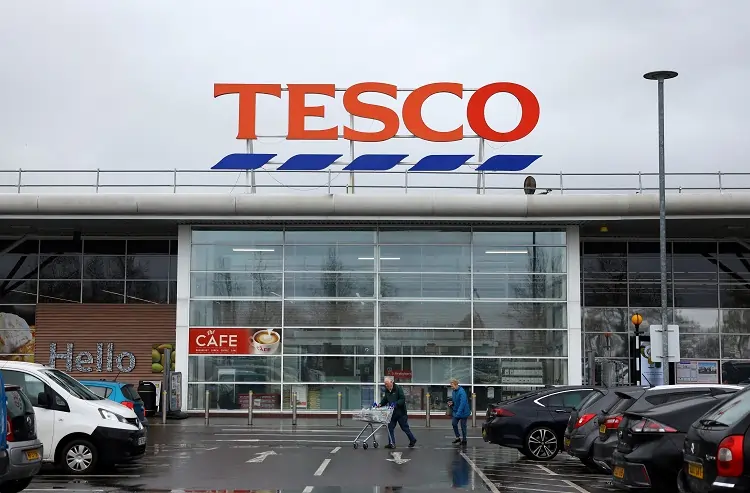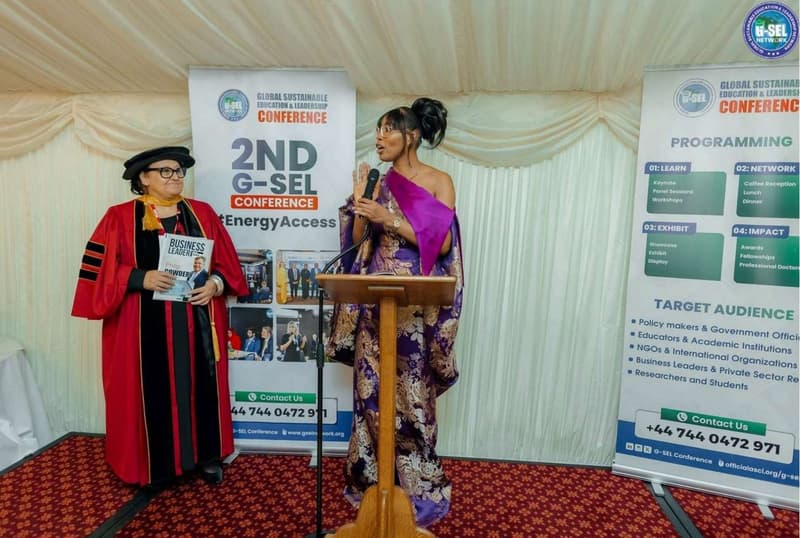
By James Davey
LONDON (Reuters) -Tesco, Britain’s biggest supermarket group, lifted its annual profit forecast on Thursday after a 10% rise in the first half that was driven by market share gains, giving it momentum ahead of the key festive trading period.
The group, which has a near 28% share of the UK grocery market, said it now expected retail adjusted operating profit, its preferred profit measure, of around 2.9 billion pounds ($3.8 billion) for its 2024/25 financial year, up from a previous forecast of at least 2.8 billion pounds.
It made 2.76 billion pounds in 2023/24.
Tesco, whose shares have risen 22% so far this year, is benefiting from its strategy of matching the prices of discounter Aldi on hundreds of key items, and the popularity of its Clubcard loyalty scheme, which provides lower prices for members. These programmes are being financed by cost savings.
For the first half, Tesco’s retail adjusted operating profit was 1.56 billion pounds, up from 1.42 billion pounds a year earlier. Its UK like-for-like sales rose 3.5% in its second quarter, after a 4.6% increase in the first.
“The significant investments we are making in value, quality and service across the group have delivered volume growth ahead of our expectations in the first half,” CEO Ken Murphy said.
Tesco’s market share rose 60 basis points year-on-year to 27.8% in the 12 weeks to Sept. 1, its highest level since January 2022, according to researcher Kantar.
In contrast to Tesco’s update, other recent UK retail data has been subdued, particularly for more discretionary, larger ticket items such as furniture, kitchens and bathrooms.
Non-food products represent just 7% of Tesco’s sales.
Recent surveys have shown UK consumer confidence has plunged in the wake of new Prime Minister Keir Starmer’s warnings about the state of the British economy and the likely need for tax increases in an Oct. 30 budget, prompting fears about trading in the run-up to Christmas.
On Wednesday, the boss of rival Sainsbury’s told Reuters Britons will not start spending strongly again until the budget and interest rates fall further.
(Reporting by James Davey; Editing by Sarah Young and Mark Potter)


